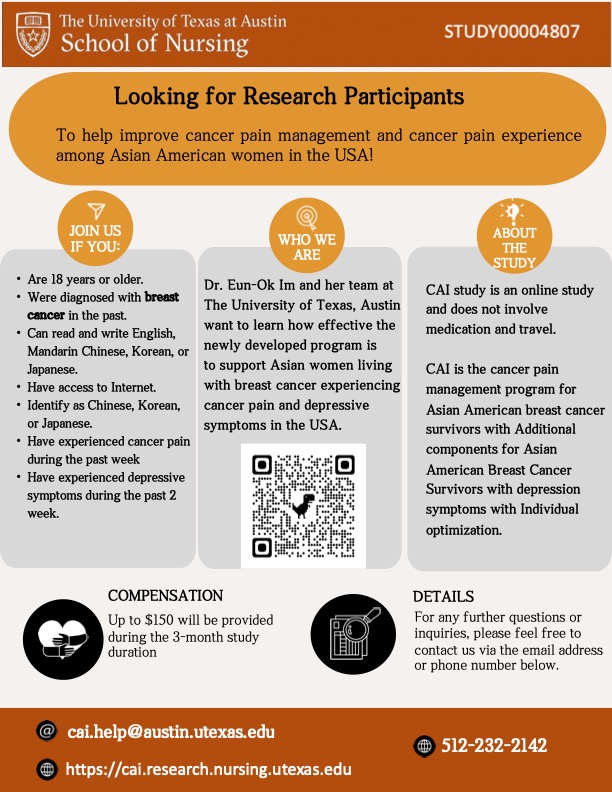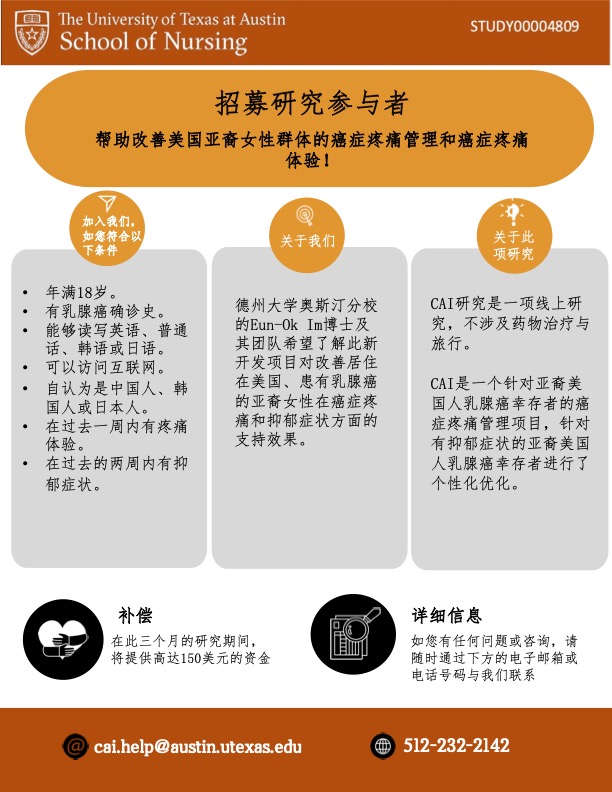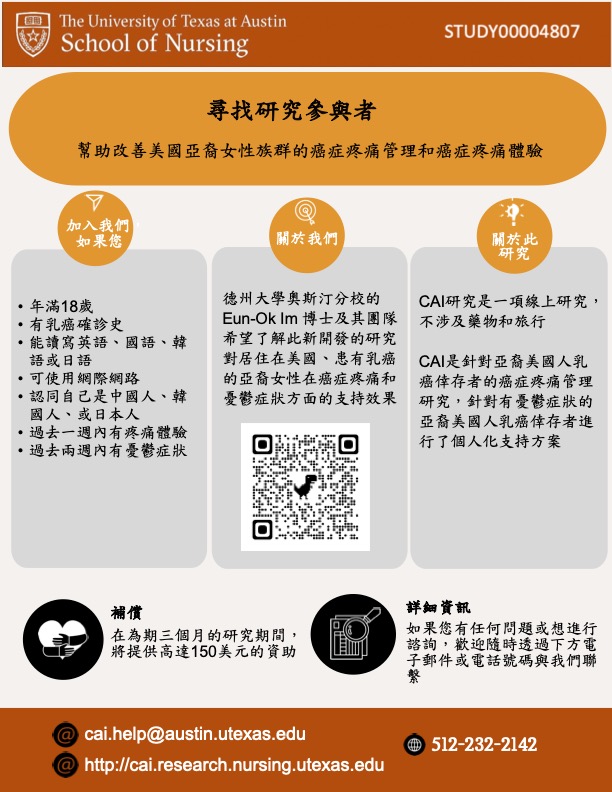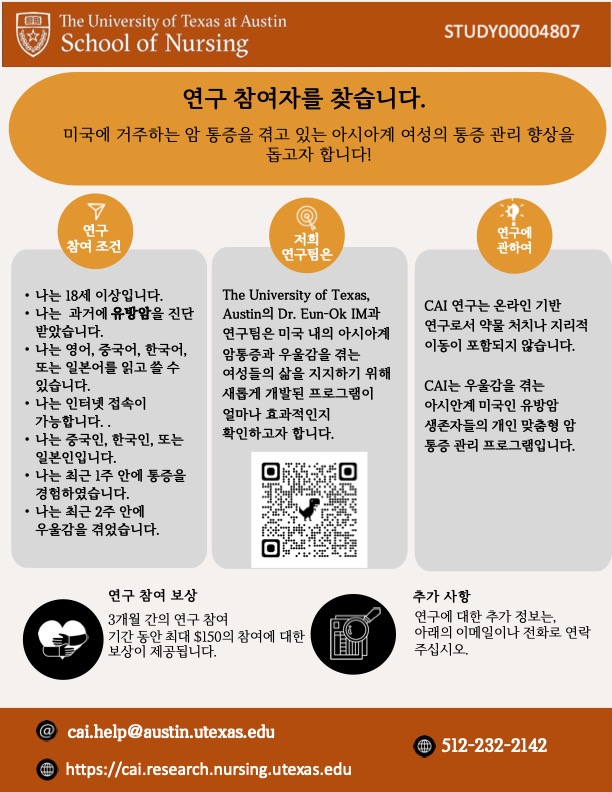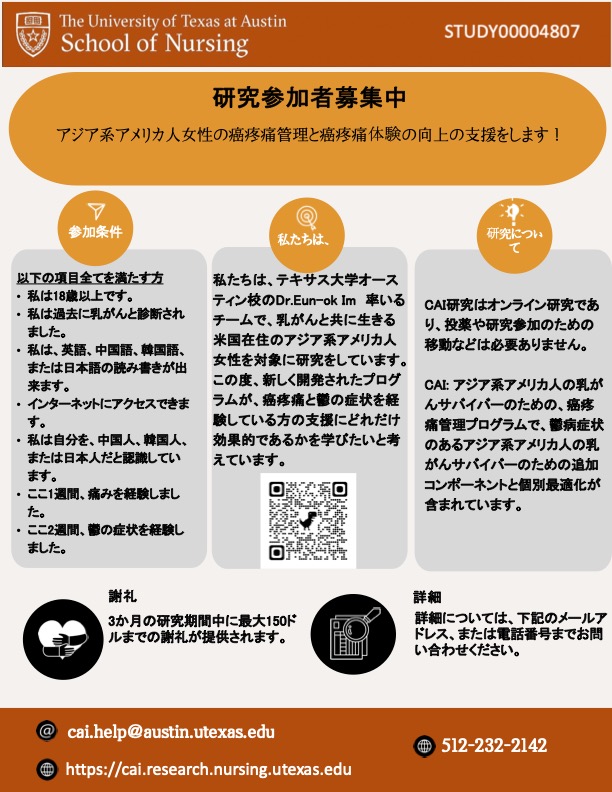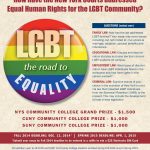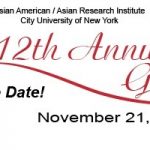The Honorable Dora L. Irizarry, U.S. District Judge for the Eastern District of New York, is accepting applications for Fall 2025 internships.
Qualifications:
- Must be a rising second or third year law student.
- Must have good grades.
- Must have good research, writing, and analytical skills, although participation in Law Review or a Journal is not a prerequisite.
- Military and/or other life/career experience is a plus.
Interested law students should forward their application package in PDF
format as a single document via email to irizarry_chambers@nyed.uscourts.gov.
Application package must include:
- One-page cover letter briefly describing why you are interested in a
legal career and why you are interested in an internship with Judge Irizarry specifically. - Resume.
- Official law school transcript.
- One recent writing sample no longer than 10 pages, double spaced. Journal or research articles will not be accepted.
- Two to three letters of recommendation.
The deadline for receipt of materials is July 25, 2025.
Please note that, while these are not paid internships, the Judge will participate in any appropriate sponsored program that provides academic credit or stipends for interns.
If you have questions, please contact chambers at: 718-613-2150.


